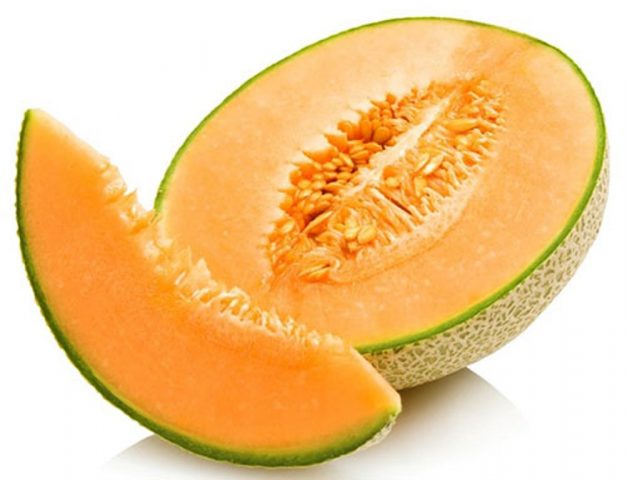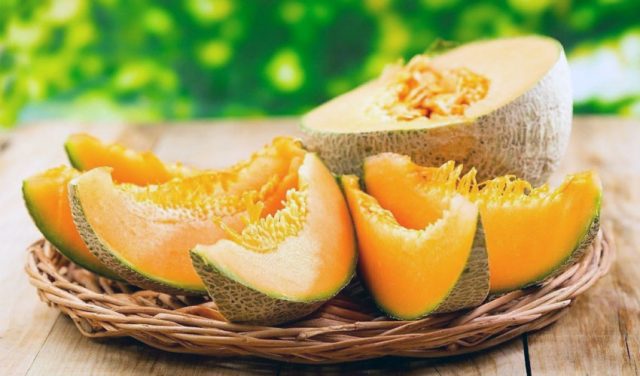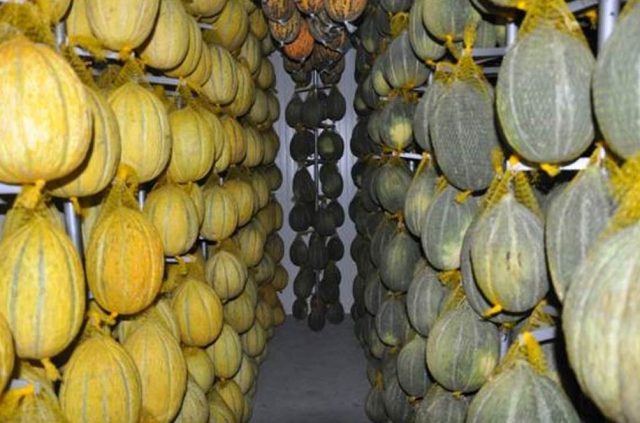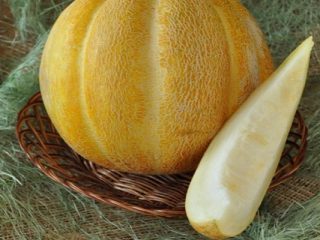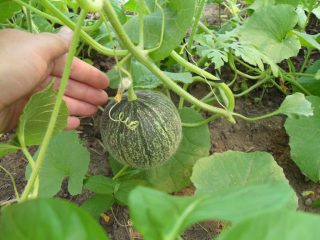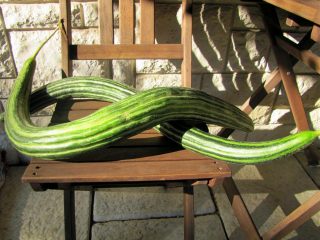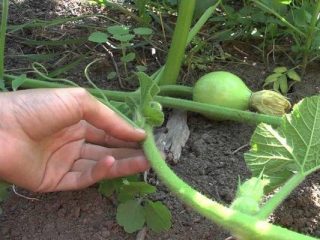Content
Melon is a honeyed favorite that can be enjoyed fresh several months a year. The melon crop has a drawback - poor keeping quality. But if you know the secrets of how melon is stored at home, you can consume the honey culture until the New Year.
Is it possible to store melon
During the New Year holidays, many housewives want to please their households with beautiful and original dishes. Fresh, sweet melon will decorate the table, filling the winter air with a honey aroma. But to maintain freshness for a long time, you need to know all the intricacies of storage.
Shelf life of melon in a cellar or basement:
- fruits of late varieties can be stored for up to six months;
- summer – 1 month;
- mid-season - 4 months.
What varieties of melon are suitable for storage?
Melon is a vegetable from the pumpkin family. It contains vitamins and microelements, is easily absorbed by the body, helps in digesting food, and is considered a valuable dietary product.The fiber contained in it rids the body of bad cholesterol and improves digestion.
Not all varieties are suitable for long-term storage. Good keeping quality is observed only in those with dense pulp and a pectin content of at least 4%.
Summer melon varieties are not suitable for long-term storage. Therefore, they are consumed or processed immediately. To keep it fresh for several months, choose slightly unripe fruits of late varieties.
Winter varieties for long-term storage:
- Slavia;
- Gulyabi;
- Wintering;
- Orange;
- Turkmen;
- Torpedo.
How long to store cut melon
Since some varieties are large, it is difficult to consume the whole vegetable at once. It cannot be left at room temperature, as the cut slices will quickly weather and begin to rot. There are several ways to store melon: freezing, drying, canning.
How long can cut melon last in the refrigerator?
Cut melon can be stored in the refrigerator for no more than 48 hours. Since during long-term storage it loses its beneficial properties, loses its taste and aroma, and releases ethylene, which is harmful to health. Even when stored in the refrigerator, the vegetable begins to dry out and spoil.
How to properly store cut melon
Many housewives make the grave mistake of storing cut melon in the refrigerator, having first wrapped it in plastic or put it in an airtight container. In a closed space, melons actively release ethylene, which leads to rapid drying and accumulation of substances harmful to the body.To preserve the slices for a longer period, cover them with a cotton cloth or paper napkin.
If it is not possible to eat the fruits fresh, they can be dried or frozen. Frozen melon does not lose its beneficial qualities, and when defrosted, it fills the apartment with an unforgettable aroma.
Freezing is an easy and effective way to preserve freshness and flavor. The dense pulp is cut into random pieces, placed on a baking sheet and put in the freezer. After they freeze, they are packaged in bags or sealed containers. Frozen product can be stored for about 1 year.
The cut slices can be dried. For this:
- The prepared fruit is cut into slices 2 cm thick.
- Place them on a baking sheet so that they do not touch each other and place them in an oven preheated to 200 °C.
- After 15 minutes, the temperature is lowered to 80 °C and the door is opened for better air circulation.
- After 6 hours, the melon slices are dried in a well-ventilated area for the final loss of moisture.
- Store the prepared product in a glass jar with a tightly closed lid or in bags made of natural fabric in a dark, dry place.
How to preserve melon for the winter
Melon is a melon crop that does not have a high shelf life. But in order to preserve it for a long time, it is necessary to choose the right fruit and create favorable conditions for it.
How to select fruits suitable for long-term storage
When purchasing melon for long-term storage, you need to consider the following nuances:
- A light but dim mesh on the peel should occupy no more than half the surface. This indicates medium maturity and good quality.
- The stage of ripeness can be determined by its pronounced aroma.
- A melon intended for storage should have a springy nose. Overripe fruits have a soft nose and the melon will not last long.
- The peel must be without mechanical damage. If the fruits have dents, black spots or a missing stalk, they will quickly begin to deteriorate and rot.
If the melon crop is grown on a personal plot, then it must be prepared in advance for long-term storage.
Mid-late varieties are planted in early June so that the harvest ripens in early September. Irrigation and fertilizing are not carried out 2-3 days before harvesting, since potash fertilizers shorten the shelf life. 7 days before harvesting, it is necessary to break the stalk to stop the outflow of nutrients.
The harvest is harvested in dry, sunny weather, early in the morning, so that the fruits do not have time to heat up under direct sunlight. I remove the melon crop from the vine along with the stalk. The harvested crop is laid out under a canopy for 10-14 days. Drying is necessary to evaporate excess moisture. When dried, the flesh becomes dense and the skin becomes rough.
A properly harvested harvest, subject to storage rules, can last until the New Year holidays.
Under what conditions can it be stored?
Long-term storage can only be achieved by creating favorable conditions:
- temperature-humidity regime – melon storage temperature should be within + 2-4 °C, air humidity 60-85%;
- air circulation – fruits are stored in containers with holes, in a dark, well-ventilated, dry place.
Before storing, fruits should not be washed, as excess moisture will lead to rapid rotting.
Melon quickly absorbs foreign odors. Therefore, it should not be stored next to fruits and vegetables. Apples, beets and potatoes emit a volatile substance that leads to rapid ripening, so such a proximity is undesirable.
How to store melon - store it in an apartment
Melon is a melon crop that cannot be stored for long at home. If it is not possible to keep it in a cellar or basement, it is better to recycle it. The sweet vegetable produces delicious, aromatic jam, compote, candied fruits and healthy melon honey,
You can store melon in an apartment for no more than 7 days. The main condition for good shelf life is the absence of sunlight, since ultraviolet radiation accelerates the ripening process. Therefore, the best places for storage would be the pantry, closet and under the bed. For better preservation, each fruit is loosely wrapped in paper or cotton cloth.
You can also store melon in the refrigerator, on the bottom shelf. But if you do not consume it after 15 days, then at high humidity and low temperature the fruits will begin to rot, the pulp will lose its elasticity, and the taste will change for the worse.
How to preserve melon until the New Year
Storing melon for the winter is only possible in a cellar or basement. There are several ways to maintain freshness:
- On the grid – each fruit is placed in vegetable nets and suspended above the floor so that they do not touch each other. Once every 30 days, an inspection is carried out, rejecting rotten and softened specimens.
- In boxes – the boxes are filled with sand or sawdust. The melon is placed vertically, with the stalk facing up, separating each fruit with loose material. To maintain juiciness and freshness, the melon is immersed in the filler to ¾ of its length.
- On the racks – if a lot of fruits are removed for storage, then this method is ideal. The shelves are covered with soft linen, sawdust or hay. Fruits prepared for storage are placed in one layer, leaving an interval of at least 30 cm. For better preservation, each specimen is given a separate soft nest, which will avoid the appearance of bedsores, which lead to rapid rotting. Once a month, the melon is inspected and turned over.
Conclusion
Melon is stored in the refrigerator, cellar and basement. But to keep it for a long time, you need to know certain skills. By following simple rules, the aromatic fruit can be served throughout the winter without losing its taste and aroma.
